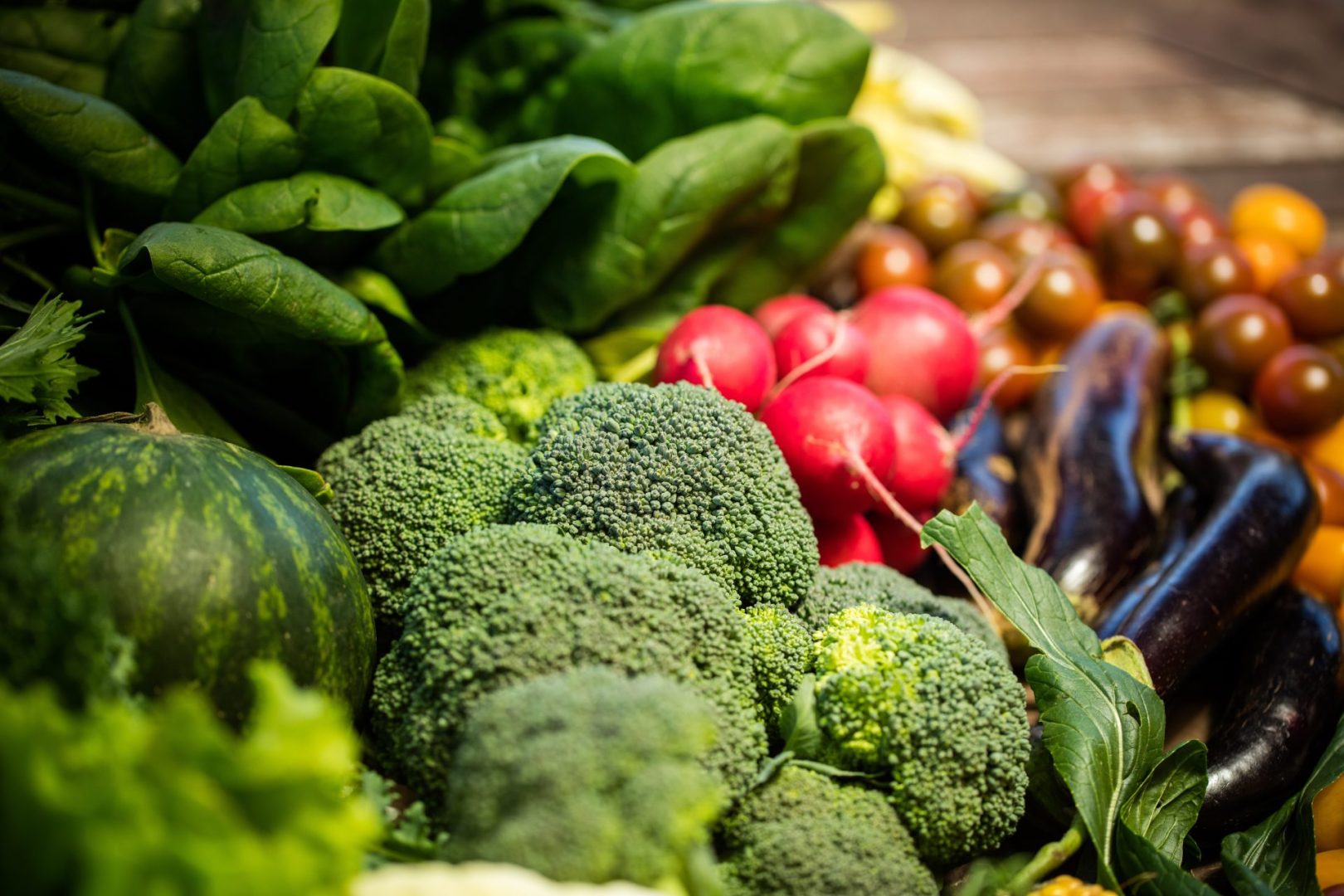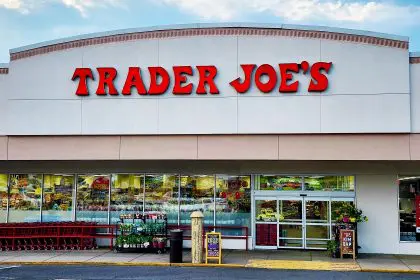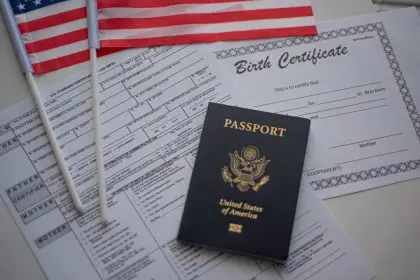A significant public health alert has emerged as Walmart faces a critical recall involving thousands of bags of broccoli, with the Food and Drug Administration warning of potentially lethal consequences. The situation began unfolding when random testing in Texas revealed the presence of listeria, prompting immediate action from both retailers and health authorities.
The discovery that triggered nationwide action
The sequence of events began on December 27, 2024, when Braga Fresh Foods initiated a voluntary recall of their Marketside Broccoli Florets. The decision came after Texas Health & Human Services conducted routine testing at a Walmart location, where samples tested positive for listeria contamination. This discovery set in motion a cascade of protective measures affecting customers across twenty states.
Understanding the scale of the recall
The recall encompasses approximately 35,508 bags of Marketside Broccoli Florets, distributed exclusively through Walmart stores. These products, identified by specific UPC codes and lot numbers, were widely distributed across various regions of the United States, from Alaska to Wyoming. The extensive geographic spread of the affected products has raised concerns about potential exposure to contaminated items.
The FDA’s decisive response
On January 27, the FDA elevated the recall classification to class 1, their most serious category. This designation indicates a reasonable probability that consuming the affected product could result in severe health consequences or death. While no illnesses have been reported thus far, the FDA’s classification underscores the gravity of the potential health risks associated with the contaminated broccoli.
Geographic impact and distribution patterns
The recall’s reach extends across diverse geographical regions, affecting communities in twenty states. The distribution pattern spans from the Pacific Northwest to the Midwest, and from the Southwest to parts of the South, highlighting the interconnected nature of modern food distribution systems and the challenges in containing potential contamination.
Critical consumer awareness measures
Health officials emphasize the importance of checking freezers and refrigerators for the recalled product, even though the best-if-used-by date has passed. Many consumers tend to freeze fresh vegetables for later use, creating an extended window of potential risk. The FDA strongly advises immediate disposal of any affected products to prevent possible exposure to listeria.
Understanding listeria and its health implications
Listeria monocytogenes, the bacterium responsible for listeriosis, poses particularly severe risks to certain population groups. The infection can manifest through various symptoms, ranging from mild to severe, and can be especially dangerous for pregnant women, newborns, elderly individuals, and those with compromised immune systems.
Prevention and protection strategies
Food safety experts recommend thorough cleaning of any surfaces, containers, or utensils that may have come into contact with the recalled broccoli. This includes washing refrigerator shelves and drawers with warm, soapy water to prevent cross-contamination. Additionally, maintaining proper food storage temperatures and practicing good kitchen hygiene can help minimize risks.
Medical monitoring and response
Healthcare providers across affected states have been alerted to watch for potential cases of listeriosis. The infection can take up to 70 days to develop symptoms, making it crucial for consumers to remain vigilant and seek medical attention if they experience any concerning symptoms, particularly if they believe they may have consumed the recalled product.
Impact on retail operations
Walmart has implemented robust measures to remove all affected products from their stores and distribution centers. The retailer has also enhanced its food safety protocols and customer communication channels to ensure transparent information sharing about the recall and its implications.
Long-term implications for food safety
This recall event has prompted discussions about strengthening food safety measures in the produce industry. Industry experts are examining current testing protocols and distribution tracking systems to identify potential improvements that could prevent similar incidents in the future.
Consumer rights and responsibilities
Understanding consumer rights during food recalls is crucial. Affected customers are entitled to refunds and should keep receipts or product packaging for verification purposes. Additionally, documenting any health issues potentially related to consumed recalled products is important for both medical care and possible legal considerations.
Moving forward with enhanced vigilance
The incident serves as a reminder of the importance of maintaining robust food safety systems and the need for continued vigilance in food handling and distribution. As the situation continues to develop, authorities remain focused on preventing any health impacts while working to strengthen preventive measures for the future.














